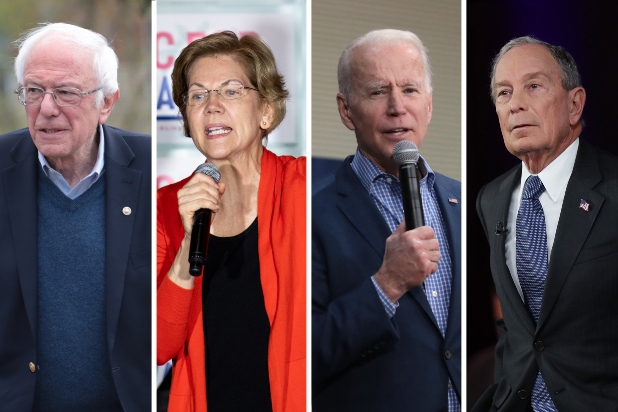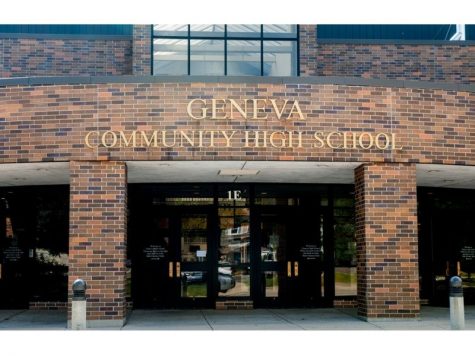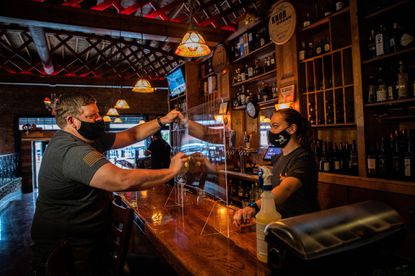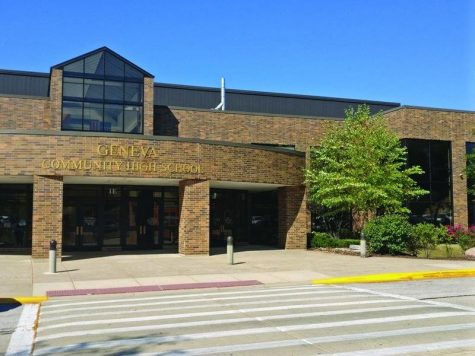Before Super Tuesday: A Quick Recap
With two major candidates dropping out in the last two days, Super Tuesday has been quite unpredictable. Polling has been fairly inconsistent since Biden’s sweeping of South Carolina, and with Bloomberg entering the race tonight, it is unknown how much of the vote he will take from the established candidates. So, let’s start from the beginning.
IOWA:
Going into the Iowa Caucus, it was expected that the race’s frontrunners would be Biden, Sanders, and, potentially, Buttigieg. The results of the caucuses were somewhat unexpected, with Butigieg and Sanders tied for the lead position and Biden trailing behind. With Buttigieg’s strong foothold in the Midwest and his strong presence in Iowa leading up to the caucuses, it is not incredibly surprising. Overall, Iowa’s position as the nation’s first caucus helps to boost voter confidence and weed out smaller candidates. Despite technical difficulties relating to the Iowa Democratic Party, the caucuses established Buttigieg as an important candidate in the race and solidified his campaign’s presence among the better known names of Biden and Sanders.
NEW HAMPSHIRE:
Quickly after Iowa, New Hampshire’s primary expectedly went to Bernie Sanders. Buttigieg followed closely, riding on his successes in Iowa. With the allocation of only 24 delegates overall, New Hampshire is a small and largely unimportant state, outside of the perceptions of success that it creates amongst voters. Its position as the nation’s first primary gives it more importance than it is due, and it only serves to further boost voter confidence.
NEVADA:
Prior to the Nevada caucuses was the democratic debate. Bloomberg’s first foray into the world of national debate was an absolute failure. He couldn’t withstand attacks from other candidates and his history with “Stop and Frisk” policies opened him up to plenty of criticism. This and his below average performance in the South Carolina debates may result in a loss of voter confidence that he won’t be able to overcome even with throwing money at ad campaigns. The Nevada caucuses went heavily to Bernie Sanders, with 46.8% of the total vote. Overall, this helped to solidify Sanders’ campaign moving forward to South Carolina and Super Tuesday.
SOUTH CAROLINA:
South Carolina, the first Southern state in the primary season, went handily to Biden. Name recognition, former policy decisions, and position as President Obama’s vice president helped to boost his polling among Southern voters and the African-American community. The weekend before Super Tuesday, the South Carolina primaries helped to boost Biden’s voter confidence and his polling across the nation, making him a formidable opponent to Sanders’ previous dominant lead.
Prior to Super Tuesday, Buttigieg dropped out of the race and formally endorsed Biden as the Democratic candidate. Shortly after, Kloubachar ended her campaign and endorsed Biden. Both of these endorsements helped to boost his campaign and solidified his position as the primary moderate candidate for the Democratic party. Overall, Biden and Sanders have the most momentum moving into Super Tuesday, but Bloomberg could be a force to be reckoned with due to one of the largest political ad campaigns in history.






